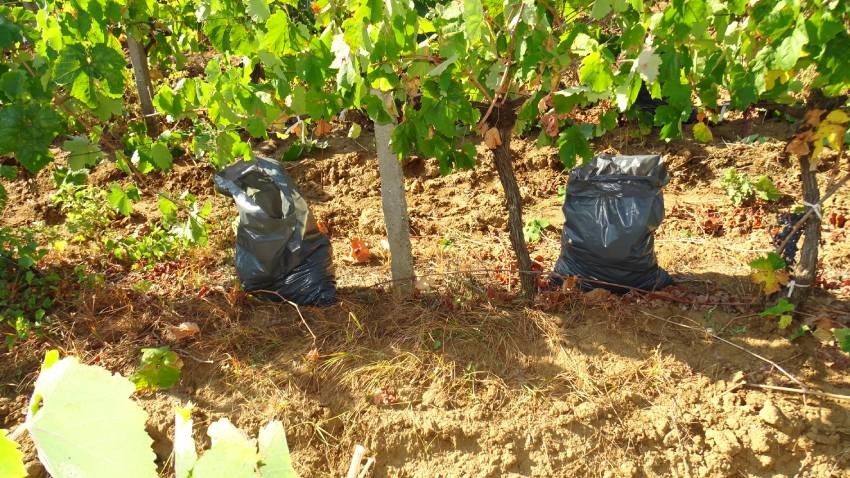


Bulgaria's Ministry of Transport has been working for years to develop Corridor No. 8, connecting the Adriatic with the Black Sea through Albania, North Macedonia and Bulgaria. Of the 1,220 km of railway line along the corridor, 747 km are on the..
A little less than a month ago, Minister of Finance Temenuzhka Petkova presented, in Brussels, the headway Bulgaria has made along the road to joining the Eurozone. There, she stated that with its prudent fiscal policy, the country had earned its..
From March 9 to 11, 2025, Inter Expo Center in Sofia plays host to the 41st edition of Holiday & SPA Expo. The event, organized with the support of the Bulgarian Ministry of Tourism, traditionally becomes a meeting point for leading experts,..
The liberalization of the electricity market for household consumers and their entering the free electricity market, something companies did years..
Bulgaria's main trading partners are Germany, Romania, Italy, Greece and France, which account for 62.5% of exports to EU Member..

+359 2 9336 661
